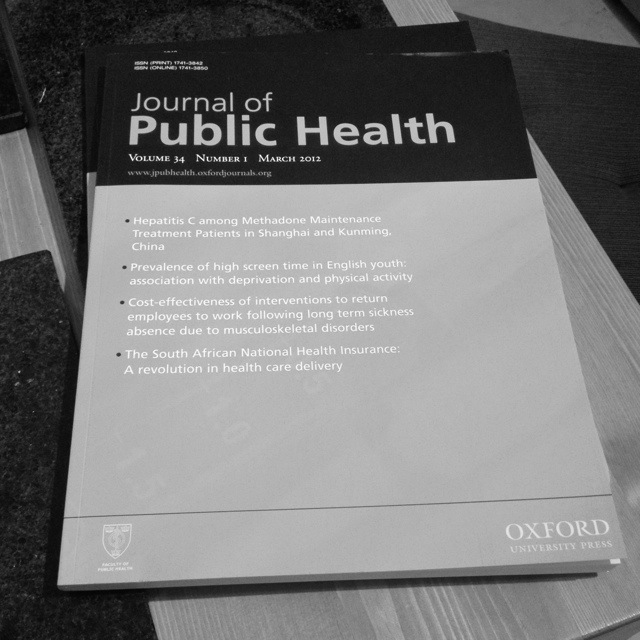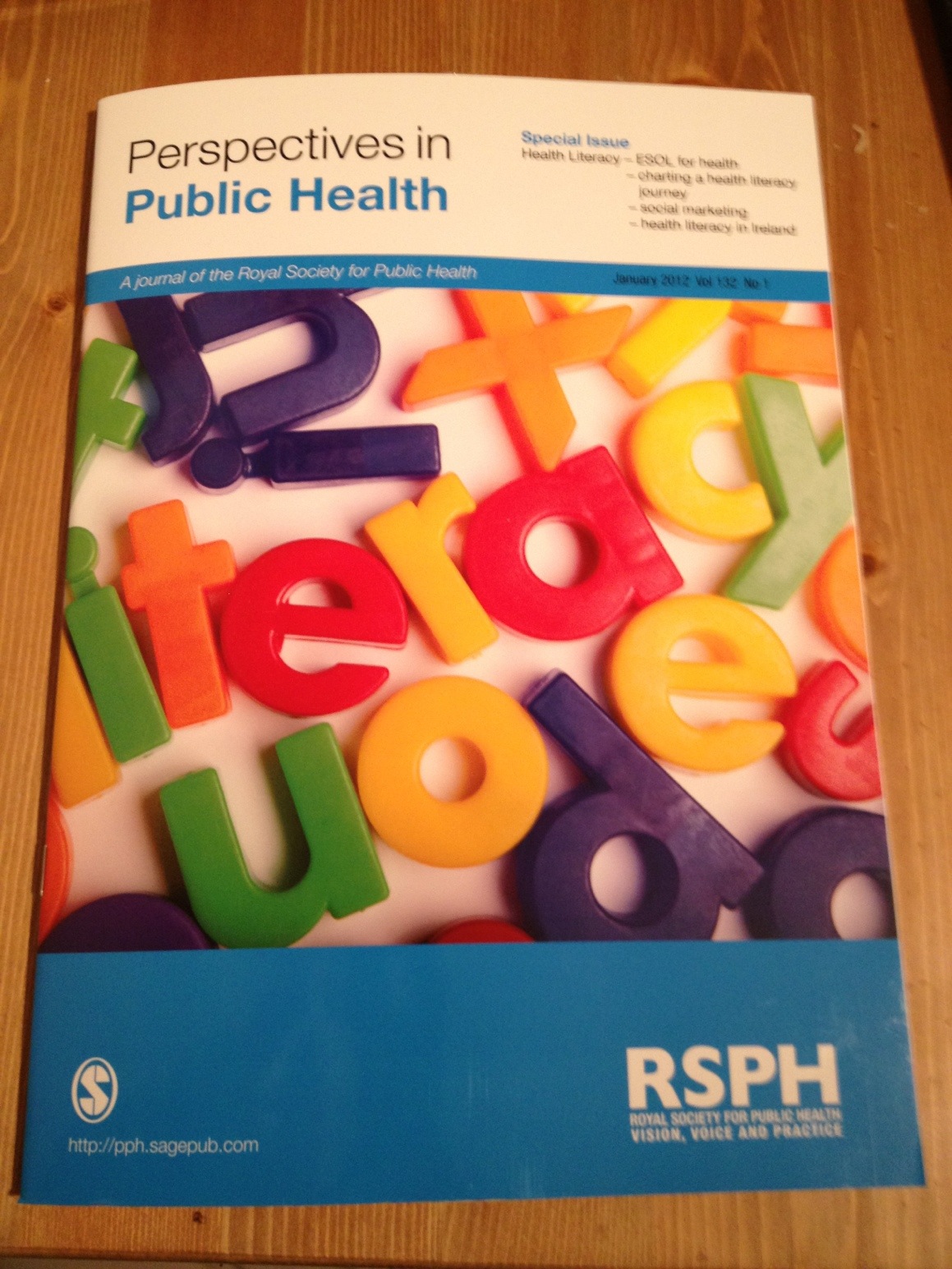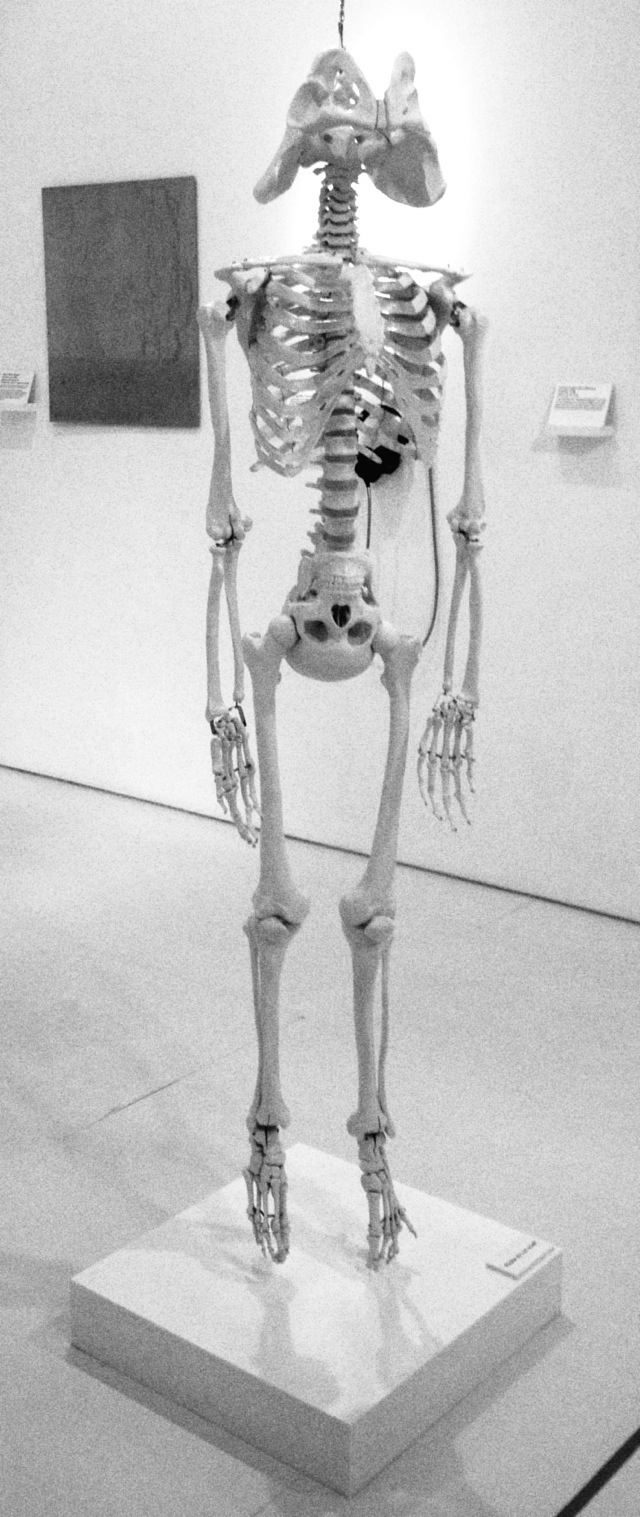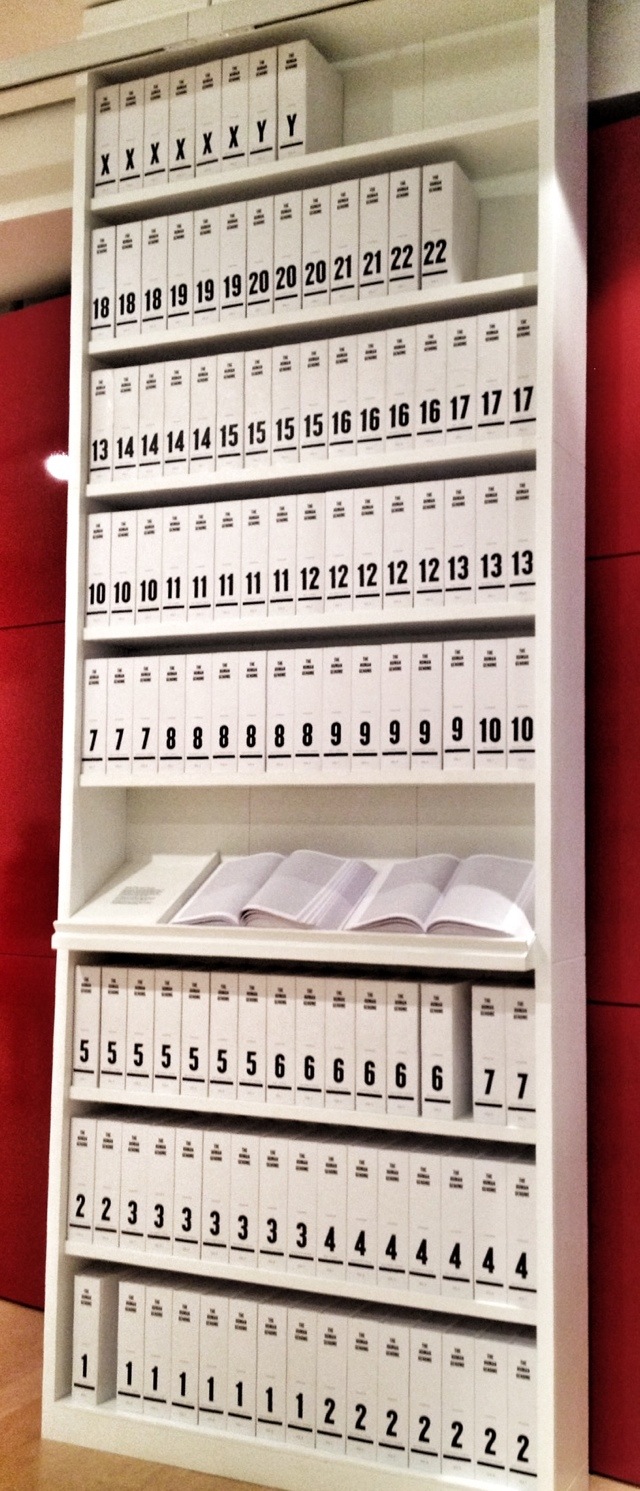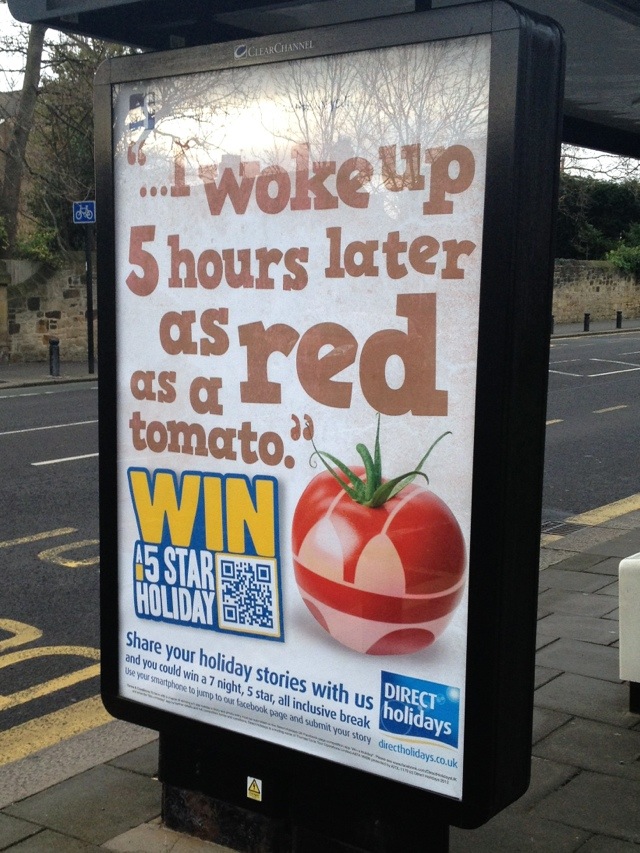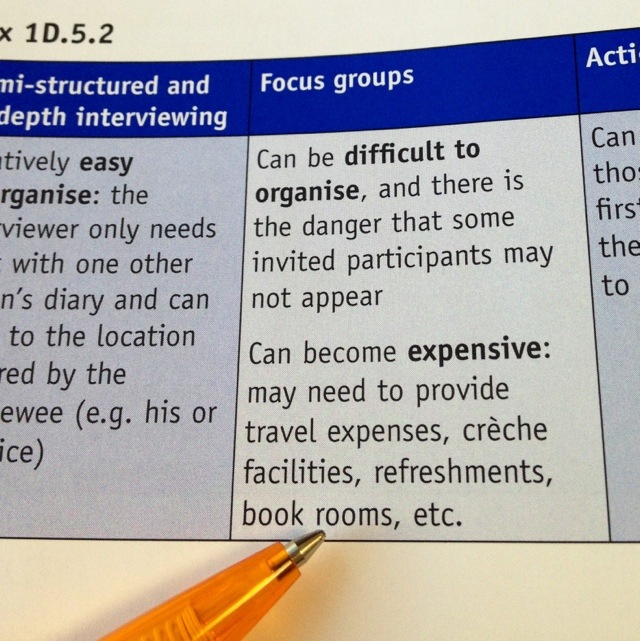This morning, I was sent a list of seven papers in medical journals by a colleague. The titles looked intriguing, and I wanted to read further.
I have access to various journals via a number of means: the NHS provides me with access to a given selection via Athens, comprising about 1,500 journals; I personally pay the RSM to give me access to another 1,000 or so; and my BMA membership allows me to access perhaps 100 others. Clearly, the numbers are too large for me to retain details of which portal gives me access to which journal.
So, having found a given article, I then have to cycle through the three access methods, generally in the order outlined above, to find which works. That’s three sets of logins to three different sites (neither the BMA nor the RSM allows direct login from journals’ own sites). This is maddeningly frustrating, especially when I’m trying to glance through seven articles. Accessing each article can take, perhaps, five or ten minutes, which is sheer lunacy. I often don’t have that kind of time.
Now, let me share with you the process for just a couple of the seven papers I happened to be accessing this morning.
First was the Journal of Medical Ethics. I stuck the article title into Google (1 click). The second result was on a bmj.com domain. I often read things in JME, so I knew that I could access this via the BMJ domain with my NHS password. So I clicked the link (2 clicks), and ended up on the abstract page. I hunted for the “Full Text” link, which took me (3 clicks) to a login page. I clicked the “Login via Athens” button (4 clicks), which took me to an institutional login page. I clicked the “Login via Athens” link on this page (5 clicks), entered my username and password, and got redirected (6 clicks) back to the full article.
I make that six clicks and one login to get from my email to the article, for something I know how to access. Clearly, no-one in the field has heard of the three click rule.
Second on the list was a 2011 article from the Journal of the National Cancer Institute. Again, I copied and pasted the title into Google (1 click). The top result was from Oxford Journals, taking me to the abstract page (2 clicks). I clicked the “Full Text” link (3 clicks) to be taken to a log-in page. I clicked “Login via Athens” (4 clicks), and then “Sign in via Athens” (5 clicks) on the resulting page. I entered my NHS Athens details (6 clicks), and got redirected back to the journal’s login page, with no explanation as to why. Out of confusion, I clicked “Login via Athens” again (7 clicks), then “Sign in via Athens” (8 clicks), and again got redirected to the login page with no explanation as to why.
I assumed (correctly) that the NHS doesn’t pay for access to this journal. So I accessed the RSM website (9 clicks), and clicked “Library” (10 clicks), then “E-journals collection” (11 clicks). I logged in (12 clicks), and searched for “National Cancer Institute” (13 clicks). No results.
So I accessed the BMA website (14 clicks) and logged in (15 clicks). I went to “Library Services” (16 clicks), chose “E-resources” (17 clicks), and “Login now” under e-journals (18 clicks), despite having already logged on earlier. This gave a list of journals, on which JNCI didn’t feature.
At this point, I gave up. I could’ve requested the article from the BMJ or the RSM for a couple of quid, or emailed round to see if anyone else had access (e.g. via a university). But for an article I’m browsing for interest and to casually increase my own knowledge, it’s not worth the hassle or cost.
So now, I’m left more ignorant than I need be because of incompetence (the system is crazy), stinginess (my employer isn’t paying for access), and a touch of defeatism.
I struggle to see how conducting research and then hiding it from people is ethical – isn’t that precisely what skeptics constantly berate Big Pharma for doing? Granted, there’s are important ethical and practical differences between non-publication and sticking an article behind a crazily high pay-wall, but I’m sure there’s an extent to which people on the ground are less informed than would ideally be the case because of this broken system.
Why can’t somebody (perhaps the UK Access Management Federation) compile a composite list of journals I have from various sources, and provide some kind of auto-login toolbar or cookie that gets me straight from the abstract page to the full-text page without the faff, or morosely reports my lack of paid access if none of my providers subscribe?
And why can’t journals like PLoS and BMJ Open have more sensible publication fees for individual authors who, for want of a better metaphor, don’t want to hide their light under a bushel? Funded research should factor in the cost of publication in such journals into it’s funding; un-funded research should be admitted for a nominal fee (or, preferably, nothing).
Anyway, it strikes me that the whole system is pretty crazy – something I’ve thought frankly since I started reading medical journals almost a decade ago. And I needed a cathartic rant. Thanks for reading it.
